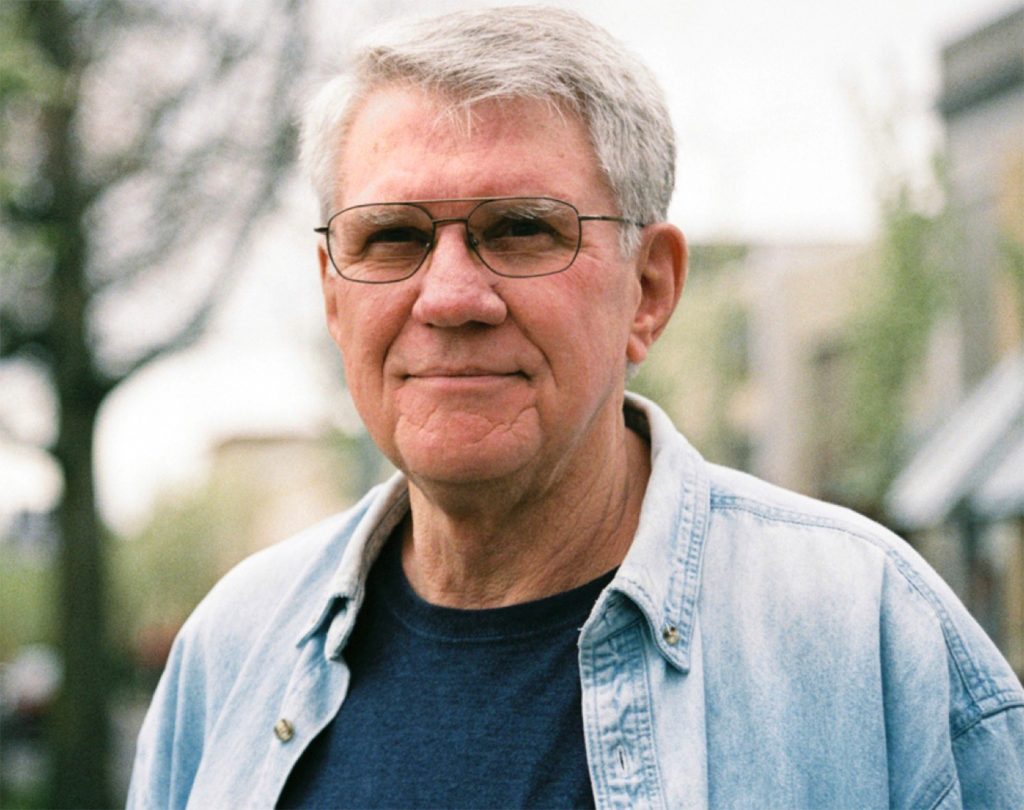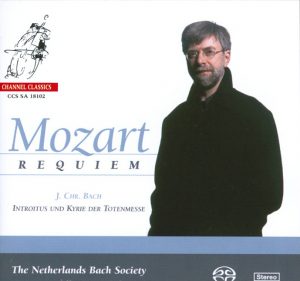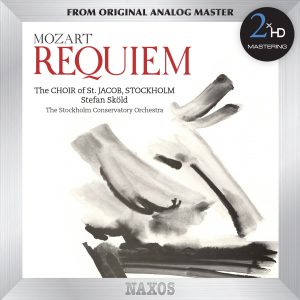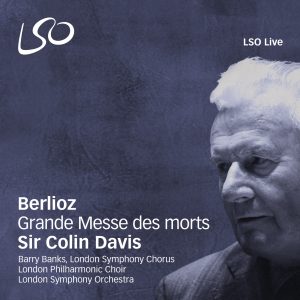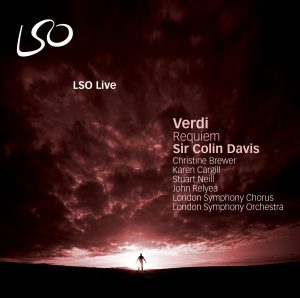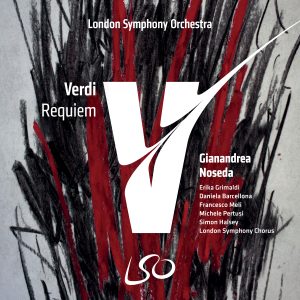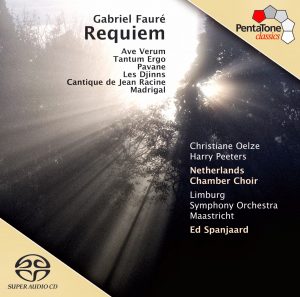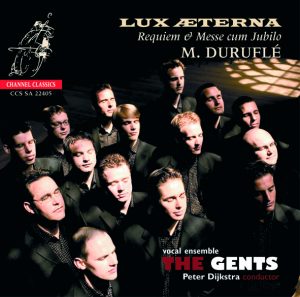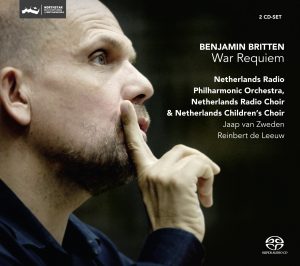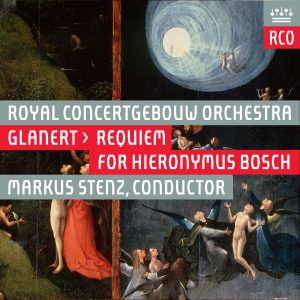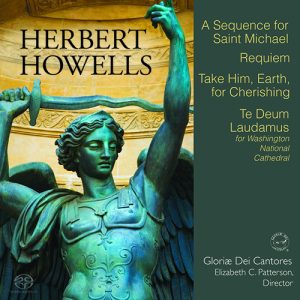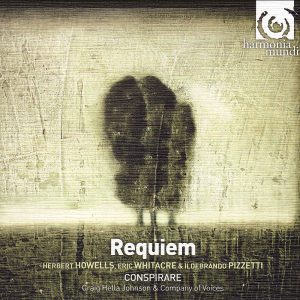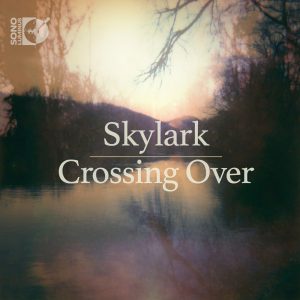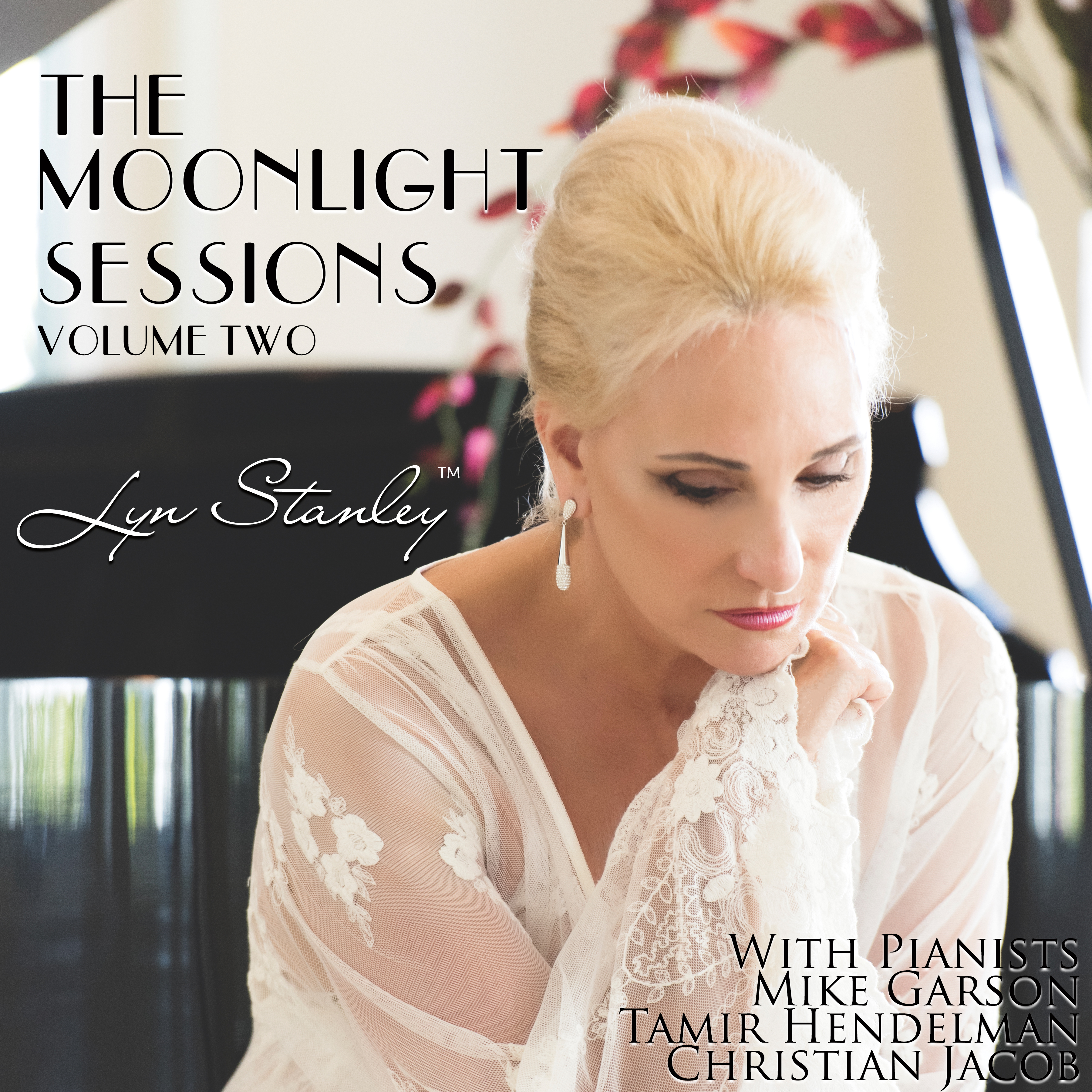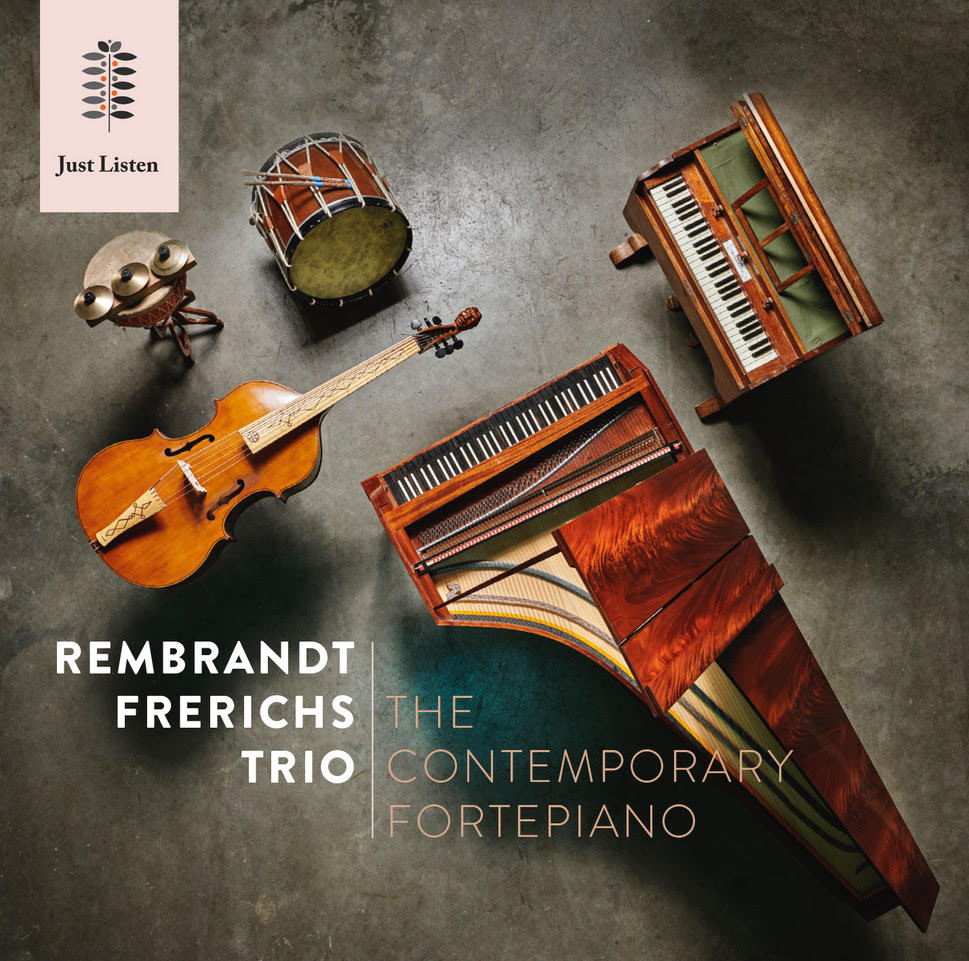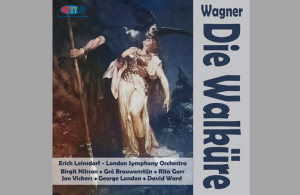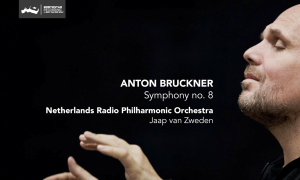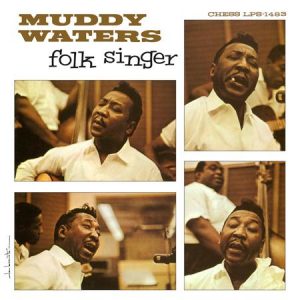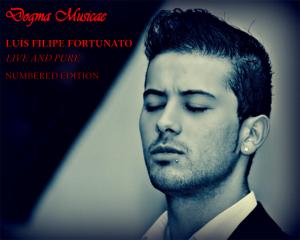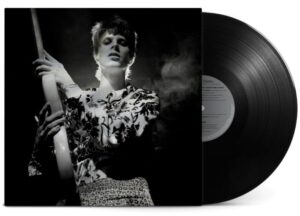Dodd's DSD Discoveries #27 "Requiems – Crossing Over, Saying Farewell"
Bill Dodd
Starting in our Issue 96, Positive Feedback added to its music review community select contributions from NativeDSD.com's writers. Bill Dodd's essay was originally published as part of his ongoing blog series, "Dodd's DSD Discoveries," over at NativeDSD.com.
I enjoy Bill's well-informed and thoughtful selections from among the many hundreds of DSD titles at NativeDSD.com. In fact, this latest essay really caught my eye, and caused me to invite him to join us from time to time, in our ongoing republication program of DSD reviews and recommendations from NativeDSD.com. He was willing, and so was NativeDSD.com, and so on we go!
Bill's thumbnail bio from NativeDSD.com says this about him:
"Bill Dodd is a retired radio broadcaster who was born and raised near San Francisco, but now lives in the USA's Pacific Northwest. 'Discovery is important to me. Along with finding an exciting new viewpoint of a favorite work, I really love discovering music and composers I haven't heard before, or haven't been able to get close to in the past.'"
This review can be seen in its original publication at http://blog.nativedsd.com/requiems-crossing-over-saying-farewell/. Information on purchasing the twelve titles that Bill mentions here, in DSD in varying resolutions, and in stereo or stereo/multichannel, is available there. Note that these albums are exclusively available in DSD at NativeDSD, and are not available on SACD.
Better yet, NativeDSD.com is offering 15% off on the twelve titles that Bill covers here to readers of Positive Feedback, good through May 18, 2018! Just use the discount code listed below when you purchase any or all of them.
We welcome Bill to the pages of Positive Feedback!
Coupon Code: PF-REQUIEM 15% OFF, valid through May 18th, 2018
In my last DSD Discoveries entry I compared the three recordings of Brahms' Ein Deutsches Requiem available at NativeDSD.
This time I thought I might dig around for Requiem settings from other composers.
"Requiem aeternam dona eis, Domine" is the Latin from the ancient Roman Catholic Mass for the Dead. In English: "Grant them eternal rest, O Lord." The original plainsong chant is actually a lovely, comforting melody. Later composers would create their own liturgical Requiems that would be performed during a mass. But by the 18th Century Requiems were being written as concert pieces. Mozart's Requiem is a prime example.
Mozart Requiem The Netherlands Bach Society
Qualities: DSD 64fs
Channels: Multi, Stereo
Mozart Requiem Stockholm Conservatory Orchestra
Qualities: DSD 128fs, 64fs
Channels: Stereo
The Netherlands Bach Society under Jos van Veldhoven gives us a beautifully recorded original instruments rendition with a smaller choir and orchestra. The way people might have been more likely to hear it in the late 1700's. Its scale may be smaller, but the details really come through, thanks also to incredibly fine recording from Channel Classics.
The Choir of St. Jacob, Stockholm, under Stefan Skold and backed by the Stockholm Conservatory Orchestra brings us what is thought of as a more traditional interpretation. There is more of a "cathedral" ambiance, well caught. Mozart's Requiem has an important place in musical history, and I think you can hear why in both of these recordings.
Next, there's Berlioz and his Grande Messe des Morts from 1837. Here we have an almost theatrical piece in which the composer is not afraid to eliminate or change the texts. As with his Symphonie Fantastic he can scare the devil out of you. But this work is also full of peaceful, comforting moments.
Berlioz- Grande Messe des morts London Symphony Orchestra
Qualities: DSD 64fs
Channels: Multi, Stereo
Personally I have never heard a more striking performance of this work, from any time or in any format, than Sir Colin Davis with an enlarged LSO, recorded in London's St. Paul's Cathedral. It is a knockout in multichannel, but even in standard two-channel the sense of place and occasion is amazing. Berlioz was so far ahead of his time in so many ways, and each time I listen to this I hear something new.
Like the Berlioz or the Brahms, Verdi's Requiem (1874) is not an overtly religious work. It is a concert piece that certainly bears a relationship to the composer's operas. It's a big, bold, theatrical work with many gorgeous moments.
Verdi Requiem London Symphony Orchestra, Davis
Qualities: DSD 64fs
Channels: Multi, Stereo
Verdi: Requiem London Symphony Orchestra, Noseda
Qualities: DSD 64fs
Channels: Multi, Stereo
Maestros Davis and Noseda are each conducting the same orchestra, but with different soloists. Noseda takes it a bit faster, and the engineers seem to have caught a closer perspective. I lean to Sir Colin, but you should sample both to get an idea of which might… ring your bell.
Gabriel Faure completed his exquisitely beautiful Requiem in its church-size form in 1893. It is a warm and comforting work which excludes the Dies Irae, The Day of Wrath. It actually can be used in the liturgical setting as part of a Requiem Mass. A version Faure orchestrated for a full size symphony orchestra premiered seven years later.
Faure Requiem and other Choral Works Netherlands Chamber Choir, Limburg Symphony Orchestra
Qualities: DSD 64fs
Channels: Multi, Stereo
I was first exposed to Faure's beautiful Requiem on a Capitol Records LP with the Roger Wagner Chorale. I still have it. But this beautifully performed and recorded version brings modern recording quality, and is remarkably similar to my old favorite. Ed Spanjaard conducts the Limburg Symphony Orchestra and the Netherlands Chamber Choir. The Pie Jesu, in this case from Soprano Christiane Oelze, is one of the most heavenly bits of music I've ever heard. There are more famous versions of this Requiem, but none are more beautiful. The sound is right up there with the best from Pentatone.
Maurice Durufle was certainly influenced by Faure's Requiem. Durufle's Requiem (1947) also omits the Dies Irae and is exquisitely beautiful. He was also very much influenced by Gregorian Chant. The choir follows the Gregorian line much of the time while the accompanying instruments add other layers. He wrote multiple versions including organ only, all the way to a complete orchestra. In any version it is a work of supreme beauty.
Duruflè – Lux aeterna The Gents
Qualities: DSD 64fs
Channels: Multi, Stereo
I came to know Durufle's Requiem from a 1959 Erato LP with the composer conducting the version for organ and full symphony orchestra. This Channel Classics recording by The Gents (augmented by female voices) is for smaller forces. To me it is the most beautiful modern recording, and it's DSD! Those of you with better memories than mine may recall I covered it in my very first DSD Discoveries entry.
Now let's move ahead to 1962 for Benjamin Britten's War Requiem.
War Requiem Netherlands Radio Philharmonic
Qualities: DSD 64fs
Channels: Stereo, Multi
I will start off by saying if anyone ever finds my original London (Decca) reel to reel tape of Britten conducting the first recording of his War Requiem… Oh well, what's gone is gone. Britten wrote his War Requiem for the consecration of the rebuilt Coventry Cathedral which had been destroyed in World War II. His recording is still the standard by which others are measured. But this Challenge recording with the Netherlands Radio Philharmonic Orchestra, Netherlands Radio Choir, and Netherlands Children's Choir measure up awfully well and has the advantage of being a native DSD recording. I really like the way the recording engineers have caught this performance.
Britten's War Requiem is a large scale, non-liturgical work, in which the original Latin texts are intermingled with poems by Wilfred Owen which were written during WWI. Some may find it a bit modern the first time or two, but believe me, there is much to love here. It is considered a masterpiece today.
And now for something completely different. The RCO's premier recording of Glanert's Requiem for Hieronymus Bosch, conducted by Markus Stenz. Here's a link to my earlier comments which the NativeDSD Team has presented quite handsomely: http://blog.nativedsd.com/requiem-for-bosch/
Glanert – Requiem for Hieronymus Bosch Royal Concergebouw Orchestra
Qualities: DSD 64fs, 128fs, 256fs
Channels: Stereo, Multi
Here are two albums which contain English composer Herbert Howells' lovely Requiem, suppressed by the composer until 1980.
Herbert Howells Gloriæ Dei Cantores
Qualities: DSD 64fs
Channels: Multi, Stereo
Requiem Conspirare
Qualities: DSD 64fs
Channels: Multi, Stereo
Conspirare Company of Voices is a group of professional singers led by Craig Hella Johnson. They are amazing. Among the works on this set is another Requiem from the 20th Century by The Italian composer, Ildebrando Pizzetti. It dates from 1922. I especially like Pizzetti's Dies Irae which quotes from the original Plainsong Hymn. The other pieces are ones of farewell and remembrance.
The other album is from Gloriae Dei Cantores, conducted by Elizabeth C. Patterson. This is an exquisite album of completely accessible 20th Century British choral music.
Both albums are wonderful—I lean toward the Conspirare for Howells, but choral fans really should consider both.
And finally, this one:
Crossing Over Skylark Vocal Ensemble
Qualities: DSD 64fs, DXD, 128fs
Channels: Stereo, StereoDXD
The Skylark Vocal Ensemble is made up of professional singers and educators whose work will absolutely amaze you. The whole album is made up of pieces about… Crossing Over. It's beautifully sung and beautifully recorded, and it's just an example of the many treasures waiting to be discovered.
Director
All images are courtesy of NativeDSD.com.




